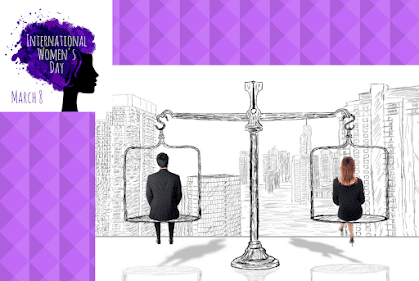Women and the gig economy
The word "gig economy" refers to a labor market where most jobs are temporary or freelance, and more and more women are working in this expanding industry. Because of the flexibility it provides, women are drawn to the gig economy. This can be particularly attractive for women who may be juggling family obligations, caregiving responsibilities, or other commitments.
The freedom to establish their own hours and work from home is one of the main benefits of the gig economy for women. This gives women more freedom and control over their job as well as makes it easier for them to balance their personal and professional lives. Through the gig economy, women can also pursue a broader variety of employment opportunities and acquire experience in various fields and positions.
Women in the gig economy, however, confront particular difficulties. Workers might have to deal with a more unstable and uncertain work situation where there is no assurance of consistent pay or benefits. Along with difficulties in getting access to training and support services, women may also experience bias or discrimination from clients or consumers.
It is crucial to give women in the gig economy more tools and support in order to overcome these issues. In addition to training and support services to assist women in establishing successful jobs in the gig economy, this also involves regulations and programs that guarantee equal pay, benefits, and rights for gig workers. In addition, it's critical to promote increased diversity and inclusion while addressing prejudice and discrimination in the gig economy.
In addition to giving women more chances to follow their career goals and increase their financial security, supporting women in the gig economy can help to build a more equitable and sustainable labor market.




Comments
Post a Comment